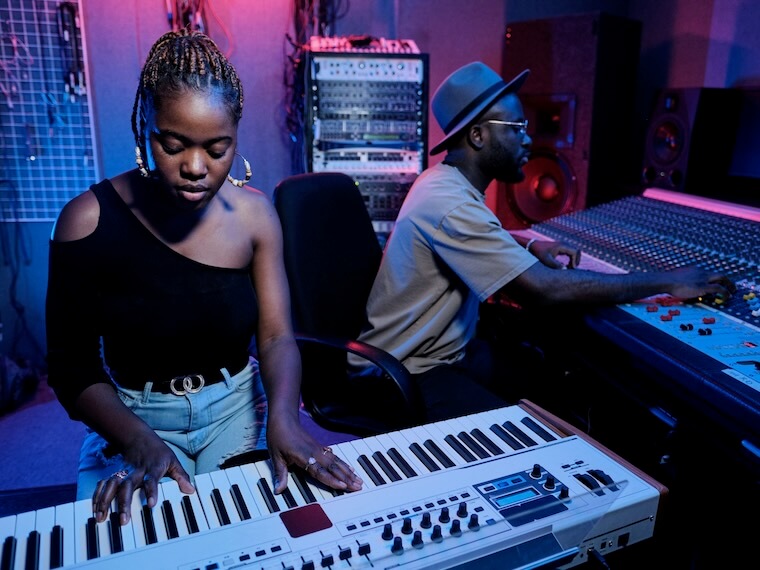Current trends are serving to accentuate the ever-decreasing gap between creators and consumers. Nowhere is this shift more dramatic and evident than in music and eCommerce, where the direct-to-consumer model is simply rewriting the rules in a transformational way.
Artists and entrepreneurs alike are discovering that they no longer need middlemen to reach their audiences, sell products, or build loyal communities. Instead, they can go straight to the source. This is turning out to be a real game changer.
The seismic shift in trading patterns and opportunities is happening everywhere. These days, you can find a solution to almost any trading conundrum. For instance, when you access the best credit repair merchant account around, you have found a workaround that nullifies the problem of traditional banks declining to offer this type of facility.
The music industry is a classic example of how rules are being rewritten. Here’s a look at what’s happening right now.

The advent of streaming was a line in the sand
In the music industry, the Direct-to-Consumer movement began as a response to changing technology and shrinking profit margins from traditional record deals.
Although streaming platforms gave artists greater visibility, they rarely offered a source of meaningful income, unless you were at the very top. That pushed independent musicians to take greater control of their business models.
With the help of platforms like Bandcamp, Shopify, and Patreon, there was now a fantastic opportunity and means to sell directly to fans. Anything from music, merchandise, to concert tickets, could all be monetized directly. This allowed artists to keep more of the revenue generated.
A changing relationship between artists and fans
This shift isn’t just about money. It’s about making a more meaningful connection. Artists are using a wide range of tools and platforms, such as social media, to build closer relationships with fans.
That direct line of communication allows them to create products their fans actually want and deliver experiences that feel personal and authentic.
The result of this more direct bond between artist and fan is a stronger brand and deeper loyalty.
A new path to profits
It is clear to see that eCommerce businesses have followed a similar path to what we have seen happen in the music industry, and it’s proving equally transformative.
Where sellers might have once been wholly dependent on wholesale partners or marketplaces like Amazon, many brands now choose to sell directly through their own websites and apps.
The appeal of this business model is clear. It gives you greater control over pricing, customer data, and the overall brand experience. Like musicians, Direct-to-Consumer brands are leaning heavily into storytelling, community, and content to drive engagement.
In all of these worlds, there’s a common thread. We’re seeing a shift from transactional relationships to long-term connections. Subscription models, limited drops, and behind-the-scenes content are all part of this new era. In fact, even physical products are evolving. Vinyl records and cassette tapes have made a comeback, not just as nostalgia, but as premium, tangible items that fans value and collect.
It’s all about ownership
What ties everything together is ownership. Artists and entrepreneurs alike are reclaiming ownership of their products, their audiences, and their narratives.
They’re making a conscious choice to build smaller, but more engaged communities, rather than chasing mass-market appeal at the cost of autonomy.
For anyone in music or commerce, the lesson is clear. You can now build your own platform, nurture your audience, and don’t have to be afraid to own the entire journey, from creation to sale.
We are firmly in a Direct-to-Consumer age, and there’s no turning back from here.
People also read this: What Every Injury Victim Should Know Before Filing a Claim

